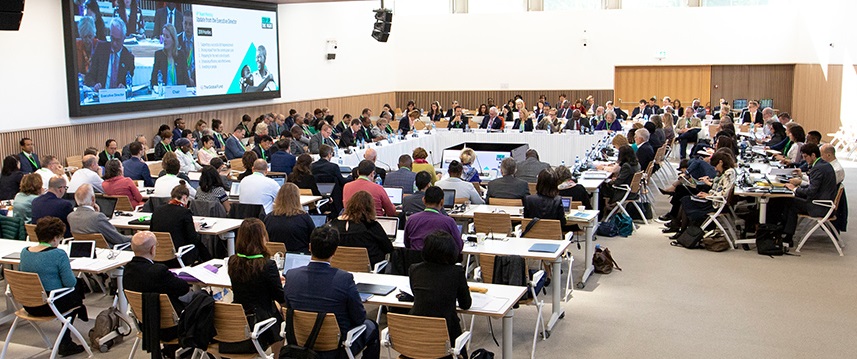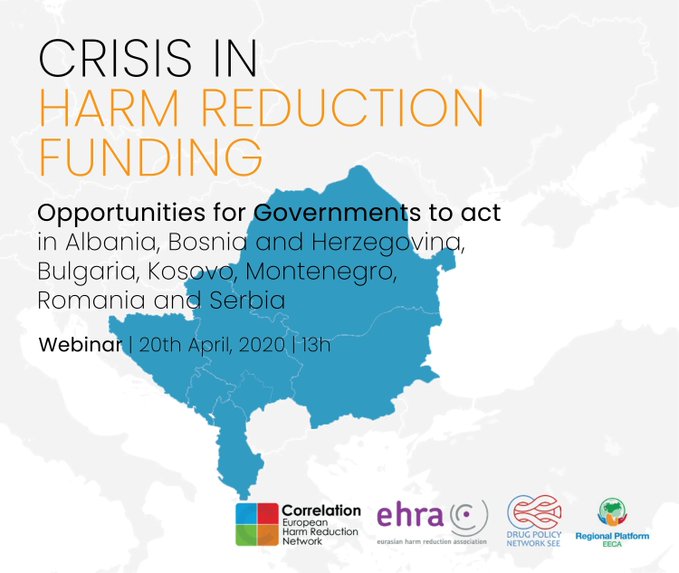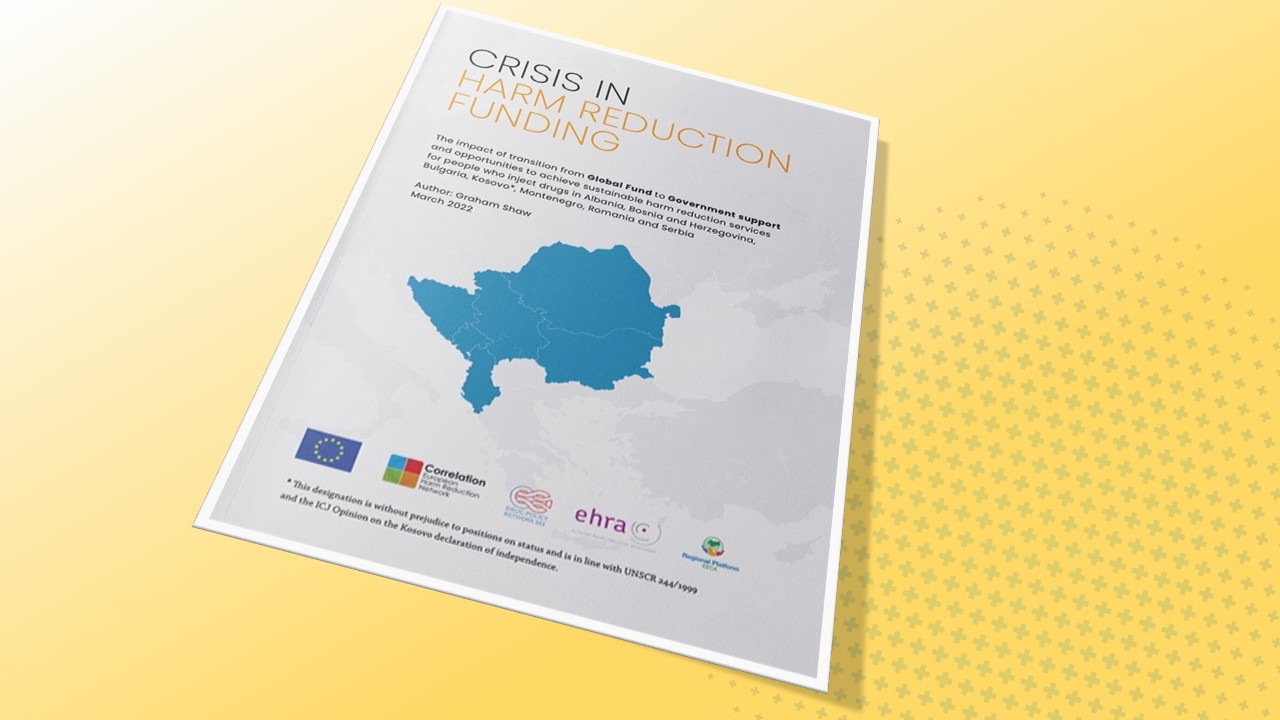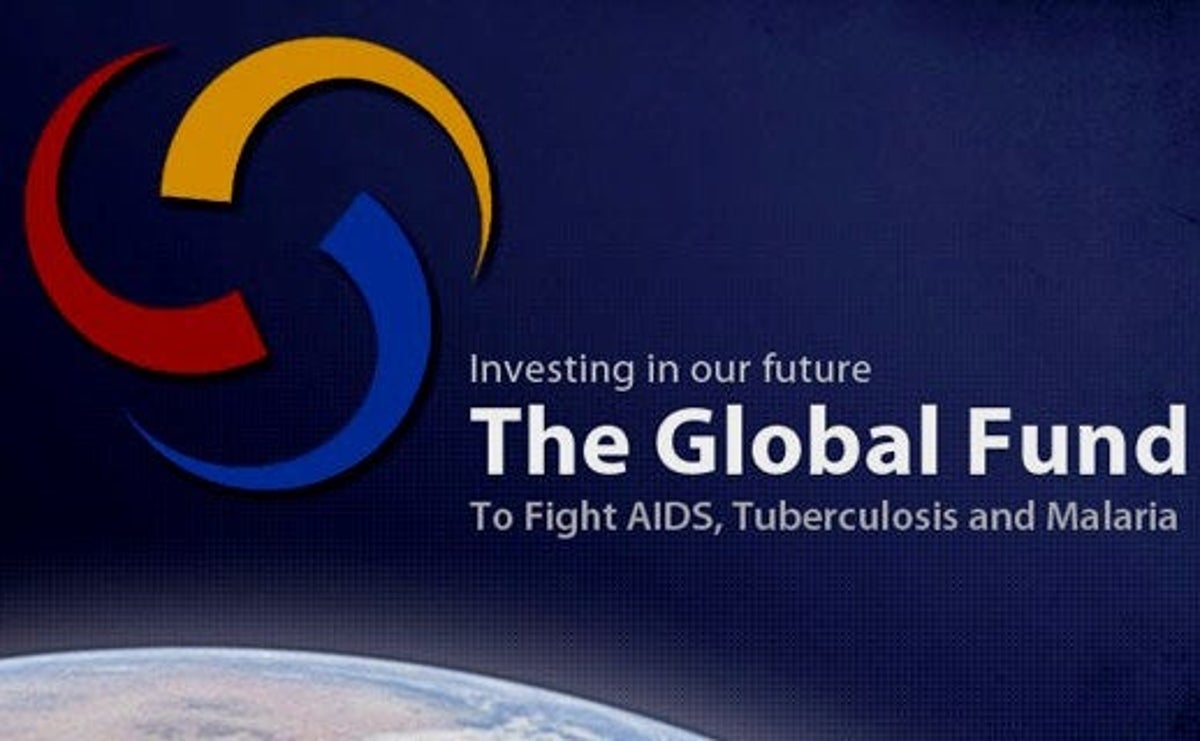The Regional Conference “Youth and Gambling – National and regional perspectives” was held on 20 November 2024 in Skopje. The conference is organized by HOPS – Healthy Options Project Skopje, in partnership with Labyrinth from Kosovo and Prevent from Serbia within the framework of the regional project “Youth and Gambling” with the support of the Western Balkans Fund. The main goal of the project is to advance national policies and practices aimed at preventing gambling among youth under the age of 25.
 The conference was attended by representatives of the ministries, institutions and civil society organizations responsible for this issue from North Macedonia, Serbia and Kosovo.
The conference was attended by representatives of the ministries, institutions and civil society organizations responsible for this issue from North Macedonia, Serbia and Kosovo.
The results of the research “Youth and their Betting Habits in North Macedonia, Serbia and Kosovo” were presented at the conference. This research, which included 214 young people under the age of 25 in Macedonia, showed that 17.8% of respondents declared themselves addicted to gambling. Eighty-four percent of respondents said that they know someone younger than 25 who is addicted to playing games of chance. Of these, as many as 39.3% said they knew more than 10 people under the age of 25 who were addicted to gambling, and only 11.2% said they did not know a person under the age of 25 who was addicted to gambling.
Regarding the information provided to gambling players by the organizers of these games about the danger of becoming addicted, only 19.2% of respondents said that in the facilities where they play gambling there is information that one can become addicted to these games. Also, only 7.5% of respondents said that in the facilities where they play gambling there is information where one can seek help in case of addiction to these games.
Similar data are noted in Serbia and Kosovo.
The conference adopted regional and recommendations for each of the participating countries/territories.
Reports from the project are abailable in Macedonian, Serbian and Albanian.






 On the 20th of April 2022, the three Networks organized a Webinar on Harm reduction crisis in South East Europe. During this event, national decision-makers from the region, researchers, harm reduction service providers, community and civil society representatives came together to present and discuss the key findings of the research activities.
On the 20th of April 2022, the three Networks organized a Webinar on Harm reduction crisis in South East Europe. During this event, national decision-makers from the region, researchers, harm reduction service providers, community and civil society representatives came together to present and discuss the key findings of the research activities. During this webinar, C-EHRN, EHRA and DPNSE present the research
During this webinar, C-EHRN, EHRA and DPNSE present the research 





 The Principal Recipient for Kosovo is the
The Principal Recipient for Kosovo is the 

 Our member organisation
Our member organisation